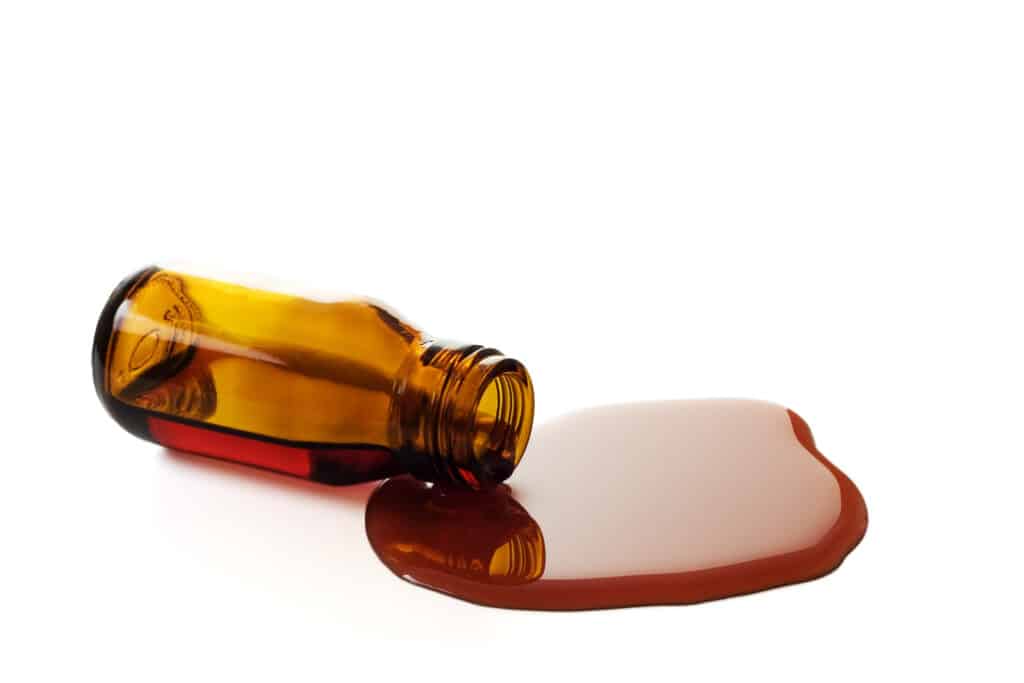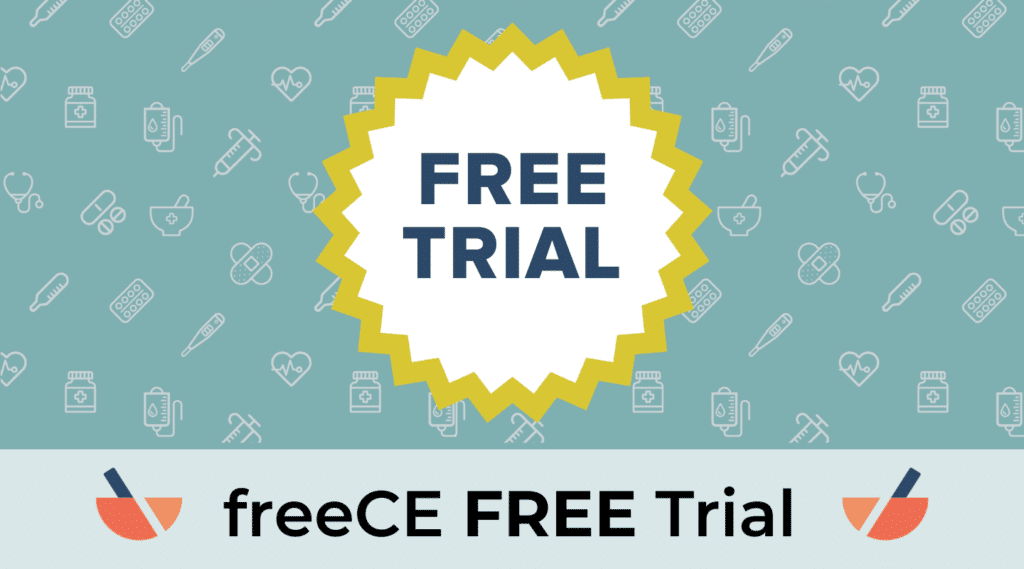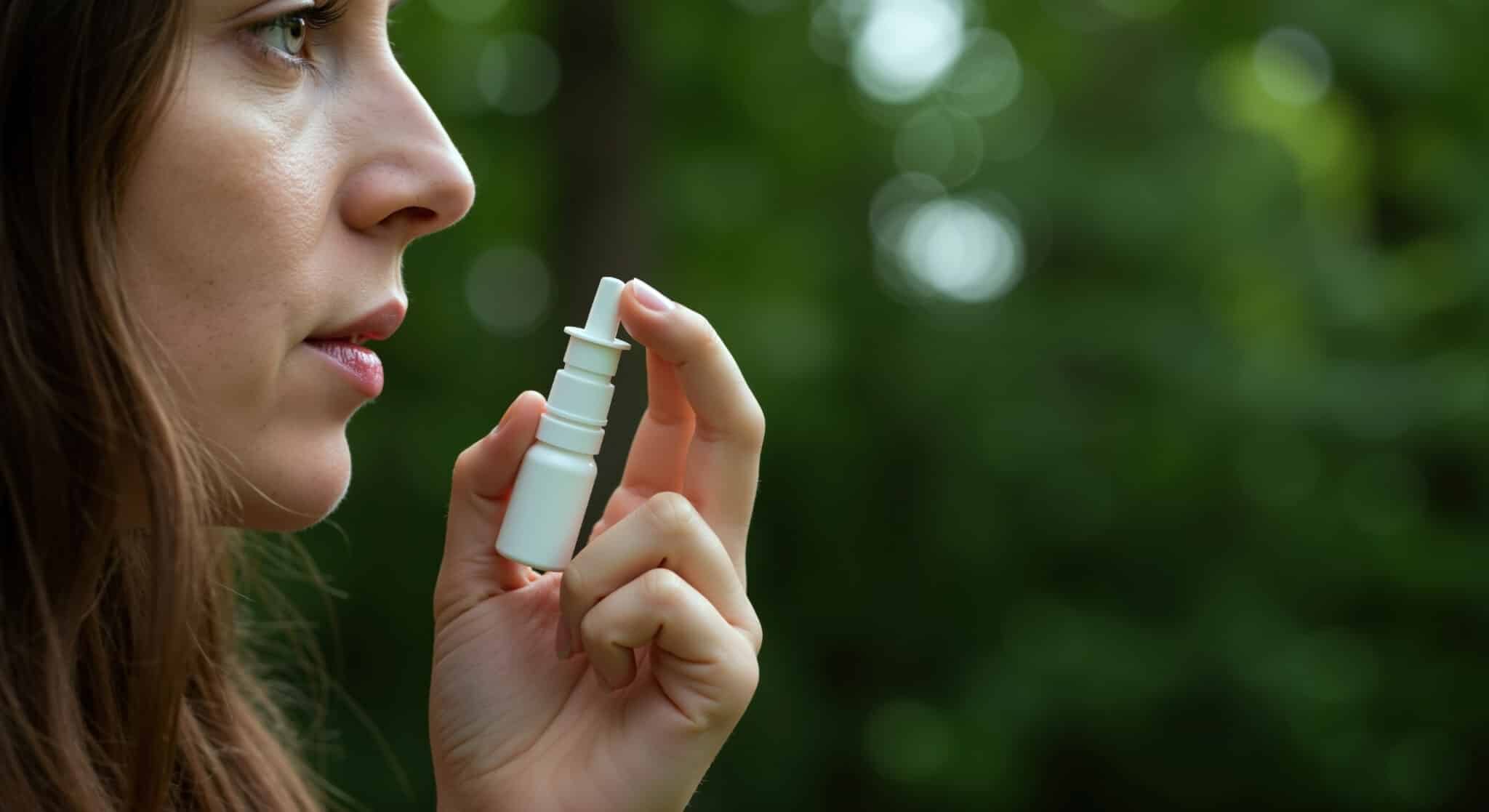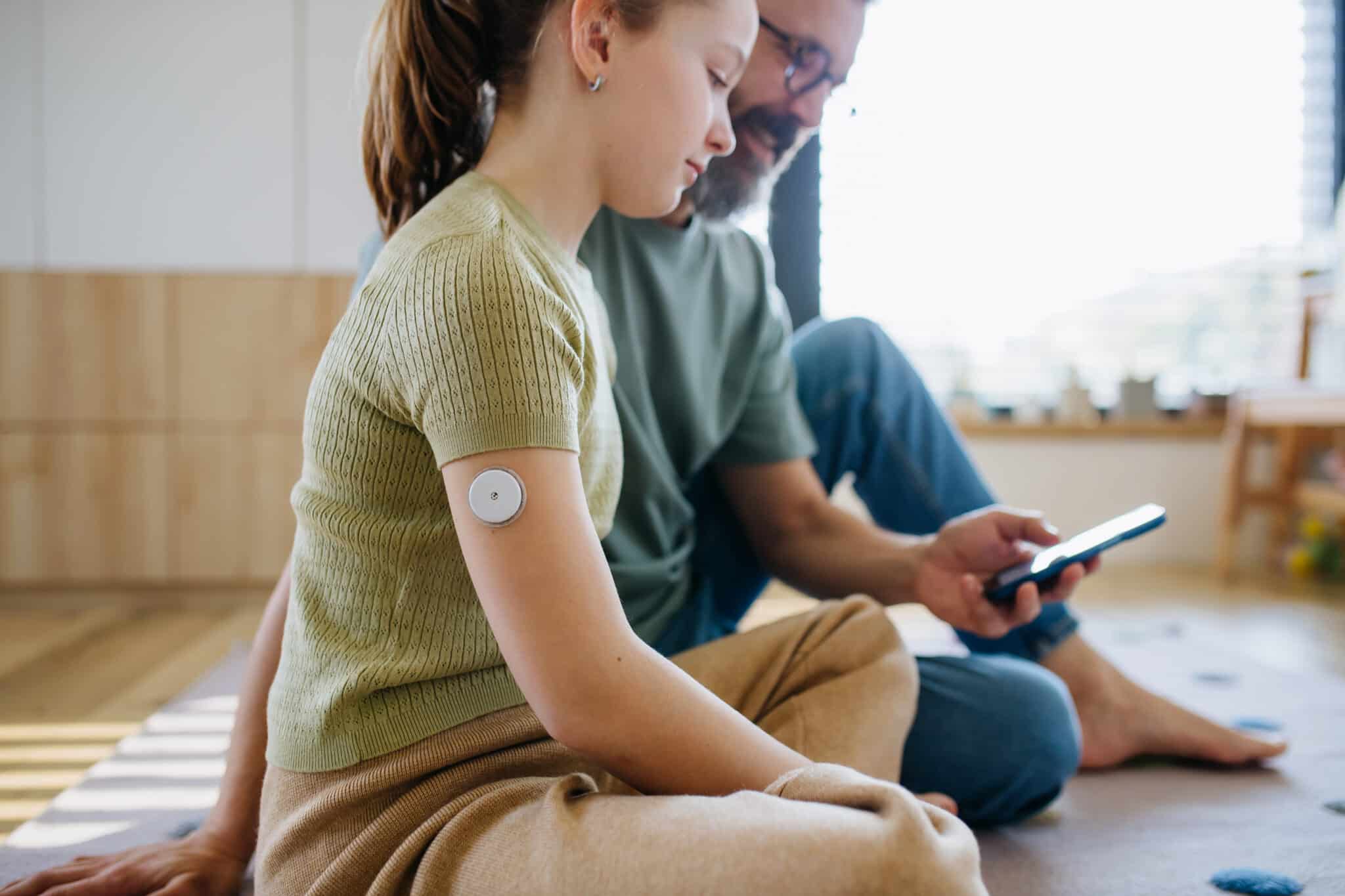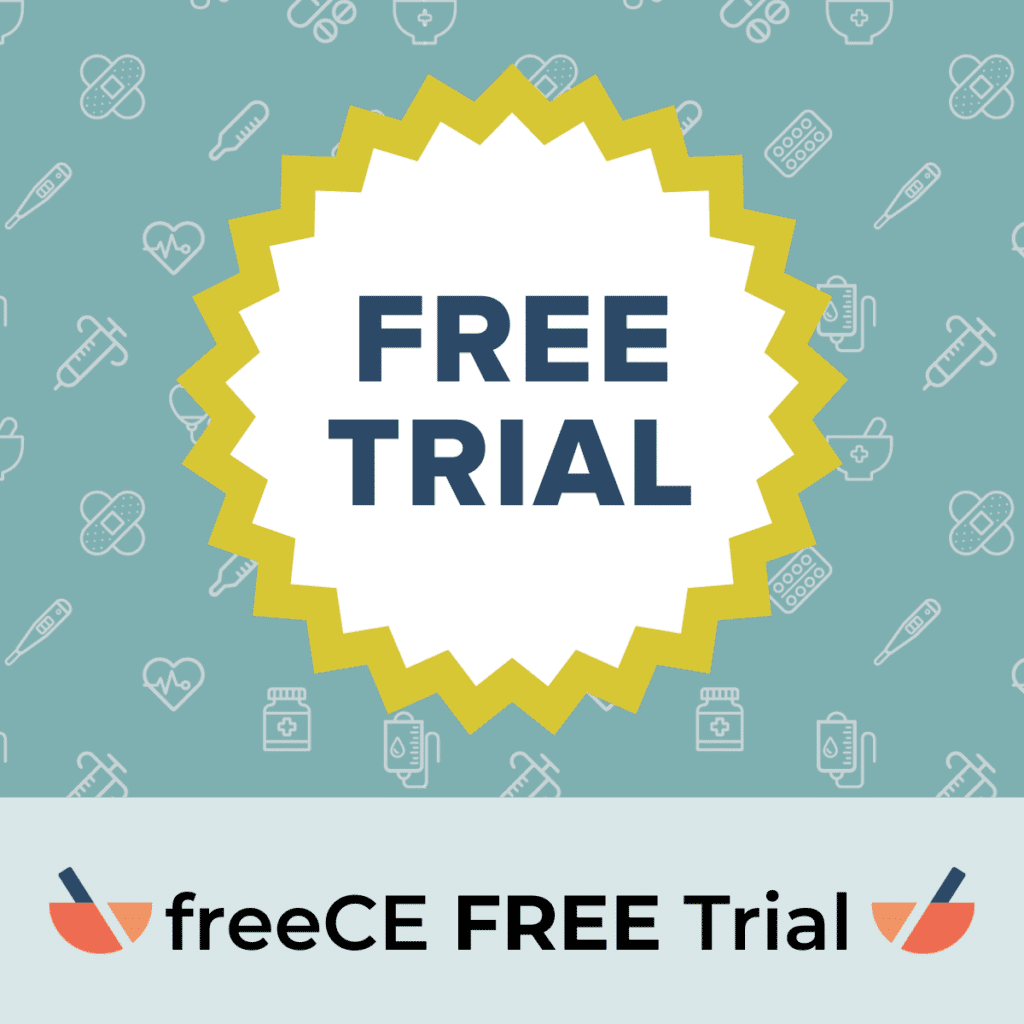Table of Contents
Over 2 million poisoning cases are reported each year in the US, many of which are fatal. Children are particularly at risk, with an average of 31 deaths and 75,000 emergency room visits annually due to unintended poisonings. Most of these incidents occur at home, where household products and medications are easily accessible.1
National Poison Prevention Week
National Poison Prevention Week, which started over 60 years ago, serves as an opportunity to underscore the importance of poison prevention efforts nationwide. Observed during the third full week of March, it is aimed at raising awareness about the risks associated with poisoning, ranging from accidental ingestions of household products to intentional exposures to harmful substances. This week-long observance serves as a platform to educate individuals of all ages, families, healthcare professionals, and communities about the potential dangers hidden in everyday items, such as medications, cleaning supplies, pesticides, and chemicals.
The importance of National Poison Prevention Week cannot be overstated, as it provides a vital opportunity to highlight the significant impact of poisoning incidents on public health and safety. Accidental poisonings can lead to severe injuries, illnesses, and even fatalities, particularly among vulnerable populations such as children, older adults, and individuals with cognitive impairments. By promoting awareness and education about poison prevention strategies, this annual observance aims to reduce the incidence of unintentional poisonings and minimize their adverse consequences.
Poison Prevention Strategies
Poison prevention strategies are essential to safeguarding individuals of all ages from accidental exposures to harmful substances. Here are several key strategies to prevent poisonings:
- Secure Storage: Store medications, household chemicals, cleaning products, and other potentially toxic substances out of reach and sight of children and pets. Use child-resistant packaging whenever possible, and consider locking cabinets or installing safety latches to prevent access.
- Proper Labeling: Ensure all medications and household products are clearly labeled with their contents, instructions for use, and potential hazards. Use child-resistant caps on medication bottles, and avoid transferring products into unlabeled containers, which can lead to confusion or accidental ingestion.
- Safe Handling: Exercise caution when handling and using household chemicals, pesticides, and other toxic substances. Follow manufacturer instructions carefully, wear appropriate protective gear, and ventilate areas when using products that emit fumes or vapors.
- Medication Safety: Take medications as prescribed by healthcare professionals, and don’t share prescription medications with others. Keep track of medication schedules, doses, and potential interactions, and never exceed recommended dosages without consulting a healthcare provider.
- Poison Control Resources: Keep the phone number for the poison control center (1-800-222-1222) readily accessible in case of emergencies. Poison control specialists can provide immediate assistance and guidance in cases of suspected poisonings, 24 hours a day, 7 days a week.
- Education and Awareness: Educate yourself, your family members, and caregivers about the potential dangers of poisoning and how to prevent accidental exposures. Teach children about the importance of not touching or ingesting unknown substances and to ask for help if they encounter something suspicious.
- Safe Disposal: Dispose of expired or unused medications, household chemicals, and hazardous waste properly. Follow local guidelines for disposal, and avoid flushing medications down the toilet or pouring them down the drain, as they can contaminate water sources.
By implementing these poison prevention strategies and promoting a culture of safety within your home and community, you can reduce the risk of accidental poisonings and protect the well-being of yourself and your loved ones.
The Pharmacist’s Role in Poisoning Prevention
Pharmacy professionals play a pivotal role in poisoning prevention efforts, leveraging their expertise, accessibility, and patient-centered approach to mitigate the risks associated with accidental exposures to poisons. Pharmacists serve as trusted healthcare providers uniquely positioned to educate patients and caregivers about the safe handling, storage, and administration of medications and household products. Through comprehensive counseling and education, pharmacists empower individuals to make informed decisions and take proactive measures to prevent accidental poisonings.
Pharmacists play a crucial role in medication management, conducting thorough medication reviews to identify potential sources of poisoning and mitigate risks. They assess patients’ medication regimens, medical histories, and risk factors for poisoning, providing personalized recommendations to enhance medication safety and prevent adverse drug events. Pharmacists also advocate for product safety measures, such as child-resistant packaging for medications and household chemicals, to minimize the risk of accidental ingestions, particularly among young children.
In cases of suspected poisonings, pharmacists serve as a primary point of contact for individuals seeking assistance and guidance. They offer timely information on first aid measures and refer patients to appropriate resources, including poison control centers, emergency services, or healthcare facilities. Through their accessibility and expertise, pharmacists play a critical role in facilitating prompt intervention and ensuring optimal outcomes for individuals affected by poisonings.
Also, pharmacists actively engage with healthcare providers, community organizations, and policymakers to promote poison prevention initiatives and advocate for public health policies aimed at reducing the incidence of poisonings. By participating in community outreach programs, educational workshops, and public awareness campaigns, pharmacists contribute to raising awareness about poison prevention strategies and fostering a culture of safety within their communities.
National Poison Prevention Week serves as a vital reminder of the importance of poison prevention efforts and the critical role that pharmacists play in safeguarding public health and safety. Through education, counseling, advocacy, and community engagement, pharmacists contribute significantly to poisoning prevention efforts, helping to protect individuals of all ages from the risks associated with accidental poisonings.
Pain Management Specialty Pharmacist Certificate: Managing Opioids
freeCE offers a pain management specialty cert for pharmacists which provides access to on-demand modules essential for better serving patients struggling with pain management and prescribed opioid therapy. In this self-paced course consisting of seven on-demand lessons, you receive comprehensive knowledge on pain management and how to educate your patients on opioid therapy. The Pain Management Pharmacy Specialist: Managing Opioids course provides 9 CEs to aid in reaching your certification and recertification requirements.
Our Pain Management Pharmacy Specialist: Managing Opioids course consists of seven modules, including opioid considerations, traditional opioids, atypical opioids, illicit opioids, and more. It presents straightforward instruction for pain management and opioid therapy. We make learning the ins and outs of opioid management engaging with an expert instructor, industry-specific information, and lessons you can access anywhere, anytime on any device with internet access.
Our unique approach to pharmacy education has made freeCE the industry standard and a favorite learning resource among pharmacists.
Enroll today to gain one year of unlimited access to the course and begin your journey to better serving patients.
REFERENCES:
1: https://www.whitehouse.gov/briefing-room/presidential-actions/2022/03/18/a-proclamation-on-national-poison-prevention-week-2022/

